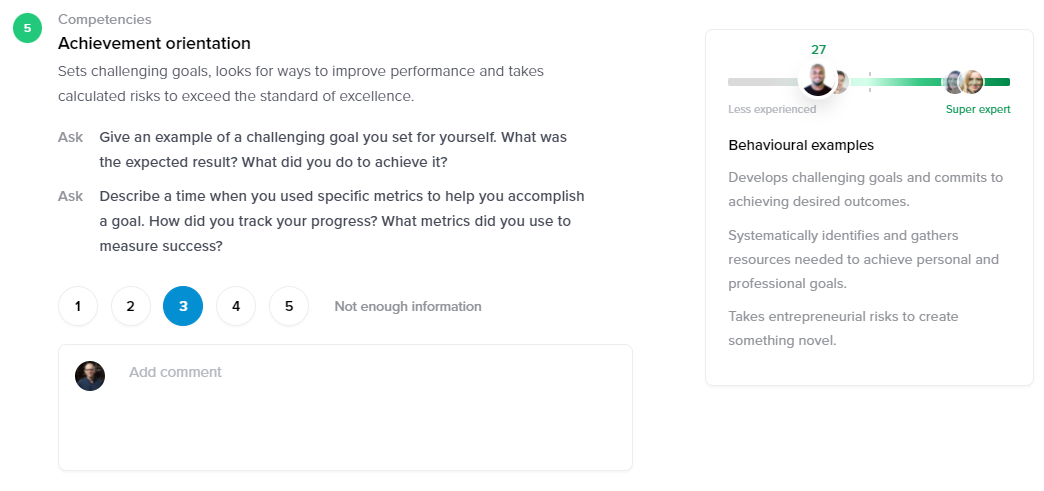Interviews can make your hiring decisions worse
Why are someone's hobbies, the kind of yacht they own, or the golf club they attend considered a basis for hiring decision? It shouldn't. Here's what to do instead.
Tõnis Arro
Co-founder, Wisnio and Executive Lab
Hiring interviews are an integral part of the hiring ritual, and most people would not consider making a hiring decision without it. Yet, this core mechanism for hiring people is the common context for making hiring mistakes. And the tool has been criticised a lot for its lack of validity.
The problem is that when it comes to predicting work success, the results of unstructured interviews have shown to be close to or even worse than random selection. In a way, it’s like dating. It might be great fun, but it isn’t a great predictor of having a quality relationship.
There is plenty of evidence to support the claim that even the most experienced interviewers cannot avoid being human with all of the biases and irrationality that come with it.
“The Wisnio platform brings more logical, linear thinking into the hiring process leading to leaders to be more confident when making hiring decisions knowing that their decisions are based on data and science and not on gut feeling alone.”
Pamela Ruebusch - CEO, TSI Group Inc.
No matter how impersonal they try to be, interviewers are still vulnerable to stereotyping, self-fulfilling prophecies, the halo and horns effects, and the like.
Surprisingly enough, the interviewer’s experience during the interview and the self-confidence associated with the hire could increase the probability of hiring the wrong person.
Hiring based on hobbies?

Example hiring question for assessing competencies in Wisnio.
Would you decide on the new hire based on their birth date or eye colour? Not likely. But why are someone’s hobbies, or the kind of yacht they own, or the golf club they attend, considered a basis for such an important decision?
Yet, aren’t these the very things that people tend to ask about during interviews to understand the interviewee’s personal chemistry better? People tend to underestimate how often these little details influence hiring decisions.
Would you decide on the new hire based on their birth date or eye colour? Not likely. But why are someone’s hobbies, or the kind of yacht they own, or the golf club they attend, considered a basis for such an important decision?
Often, the decision to accept or reject a candidate is made early in the process, and the rest of the time is simply used to rationalise the subconscious decision.
Can we skip interviews entirely? Probably not. But we can use our time together to ask sensible questions structured to supply us with factual, valuable information.
For example, we can concentrate less on what the candidate “thinks” and more on what they can do or have accomplished. We can make an effort to base our decisions on facts, not on gut feelings.
As for how to improve the typical hiring process, most experts would agree with the following recommendations:
- Use structured interviews instead of unstructured, intuitive interviewing;
- When having multiple interviews, rate each candidate answers and compare/summarise the ratings given by different interviewers;
- Use data from references and secondary sources;
- If possible, test the skills and competencies of interviewees in job-related tests (job simulations);
- Try to find out how the candidate fits in with the people they are going to work with.
In general: don’t rely (solely) on your gut feeling, as this will probably result in hiring people similar to yourself or people you feel comfortable with. In many cases, these may not be the very people who will make the best additions to your team.